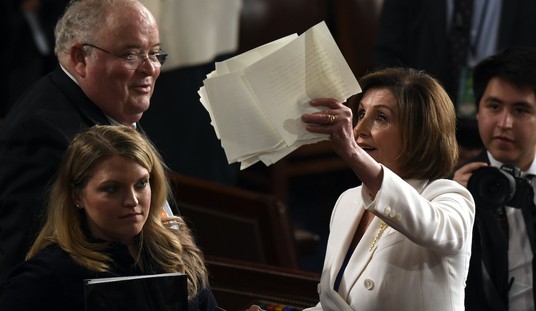Despite the media’s continued insistence that the Russian troll-bot, social media effort during the 2016 election was solely and explicitly to undermine Hillary Clinton, lawyers for Facebook, Twitter, and Google told members of Congress Tuesday that there was also an effort post-election to undermine “the validity of [Trump’s] election.”
“During the election, they were trying to create discord between Americans, most of it directed against Clinton. After the election you saw Russian-tied groups and organizations trying to undermine President Trump’s legitimacy. Is that what you saw on Facebook?” Sen. Lindsey Graham (R-S.C.) asked at the hearing.
Stretch and his Twitter counterpart, Sean Edgett, called that an “accurate” statement.
The disclosure opened a new wrinkle in the continuing investigation into Russian interference in the 2016 election, which has increasingly focused on the role of the biggest internet companies. Tuesday’s hearing marks the first time representatives of Facebook, Google and Twitter have testified publicly about what they’ve learned about Kremlin meddling on their platforms in the presidential campaign. The companies face additional lawmaker scrutiny Wednesday with back-to-back hearings by the Senate and House Intelligence committees.
Robert Mueller’s investigation seems to bear out the, ah, democracy of the Russian effort to engage in a non-partisan misinformation campaign simply to sow discord and distrust in the American election system.
This effort to undermine confidence and sow chaos is something RedState Editor-in Chief Caleb Howe has been noting as their primary intent in hi s analysis since January.
Mueller is investigating, it appears, lobbying efforts on behalf of Russian interests on both sides of the political spectrum in the form of Trump’s campaign manager Paul Manafort and Tony Podesta, brother of Hillary Clinton’s campaign chair, John Podesta.
What this means is that the Russians really don’t care who we elect except inasmuch as they can curry favor with that administration. They’ve no preference for policy or party. If one side allows them access, that is the side they favor. It’s not difficult, that being the case, to see how they were easy prey for lobbyists since K Street bigwigs, in a general sense, share that philosophy.
Further, the Russian effort to undermine faith in the American electoral system isn’t the “fault” of one party over another (although it is potentially worth discussing how quickly Manafort was ejected from the Trump effort versus the long standing relationship between the Clintons and the Podestas).
As such, it is appropriate to ask these social media companies to police their own content (which, thus far, they appear more inclined do) rather than legislate a mandate that they do so. Congressional legislation is necessarily steeped in politics and generally lays out a policy trajectory that favors one party over another. So asking these free-market entities to come up with a solution, at present, seems to be the right move to protect the free-market, maintain bi-partisanship, and ensure the privacy of those who wish to buy political ads.
But legislators can play a role in helping these companies understand how to be responsible with their platforms, as Florida Senator Marco Rubio proved at Tuesday’s hearing when he questioned lawyers for the social media giants on whether a foreign government’s obvious intent to persuade American voters constitutes a violation of their terms of service:
"Is a foreign-influenced campaign a violation of the terms of service?" Rubio asks representatives of Facebook, Twitter & Google at hearing pic.twitter.com/pmnixSFxL1
— CBS News (@CBSNews) November 1, 2017
The suggestion is, of course, that perhaps those efforts should be TOS violations, especially to help those companies avoid regulation under a new law such as Minnesota Sen. Amy Klobuchar’s proposed “Honest Ads” bill.
Or, to put it simply: tighten up, social media giants. Or you may find yourselves regulated out of national security necessity.













Join the conversation as a VIP Member